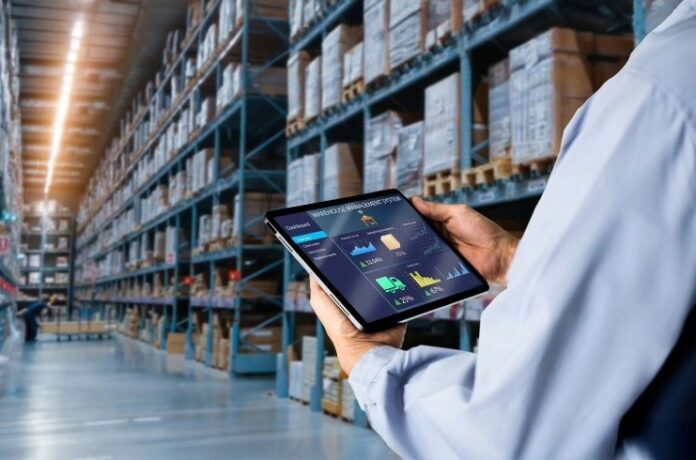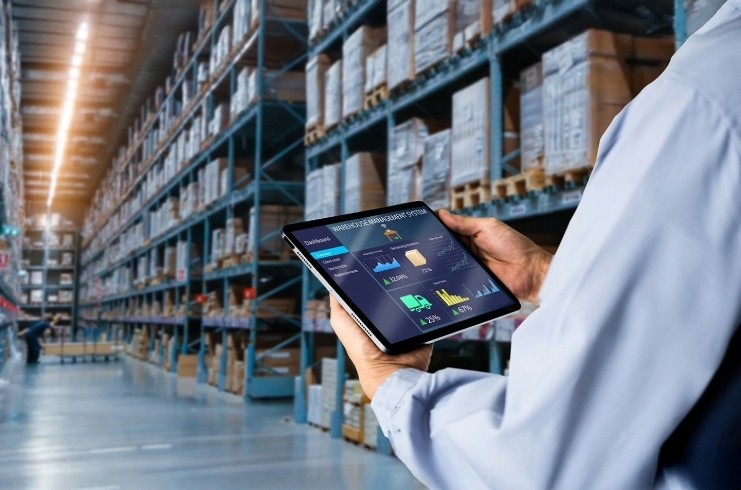
Many hotel brands and individual properties have been experimenting in recent years with artificial intelligence (AI) to deliver personalized hospitality experiences for guests and to improve operational efficiency. How does this impact the role of the housekeeping department, and what can hotel managers expect to see materializing in the near future?
GUEST SERVICES
Expect virtual concierge applications, offered through the guestroom TV, to become more prevalent. This tool will enable guests to verbally request assistance with dining, transportation, tourism, and other personal services recommendations, and will also likely result in decreased staffing levels in specific hotel roles such as the lobby concierge desk, in-room dining call center, and the At Your Service guest hotline.
The AI concierge will be the means to schedule a wake-up call; request dining recommendations or reservations; schedule transportation to the airport or rent a vehicle; learn about hours of operation, directions to, and parking fees for local tourism venues; request extra towels; request in-room dining; etc. Informational items and confirmations can be delivered back to the guest both on screen and verbally, while the AI application will manage items that need to be coordinated with or delivered by third parties.
INVENTORY MANAGEMENT
AI-driven data analytics for forecasting demand and managing inventory levels for bed and bath linens, toiletries, and other amenities. Known as “predictive analytics,” such inventory management software will furnish reordering recommendations based on historical stay and occupancy records, past guest requests, anticipated hotel bookings, and projected guest profiles. The need for personnel to complete monthly inventories of supplies before reordering will diminish, as AI will prove its efficiency. Of course, periodic inventories will still be needed for control purposes and to assess internal shrinkage or theft.
EMPLOYEE SCHEDULING AND PREVENTATIVE MAINTENANCE
Similar to inventory management efforts, AI-driven data analytics software will also enhance management’s ability to schedule employees within the housekeeping department to prevent under or overscheduling and to minimize excessive labor expense. The tool will also recommend ideal intervals for the deep cleaning of hotel rooms and guest-use areas and coordinate preventative maintenance of guestroom mechanicals, plumbing systems, and light bulb and door lock battery replacements with the engineering department. Each of these tasks is necessitated by frequency of guest use, something that data analytics software can track more concisely and efficiently than the human being.
Dr. William D. Frye is a hospitality educator, researcher, consultant, and former hotel general manager. He is the co-author of AH&LEI’s housekeeping textbook Managing Housekeeping Operations.

